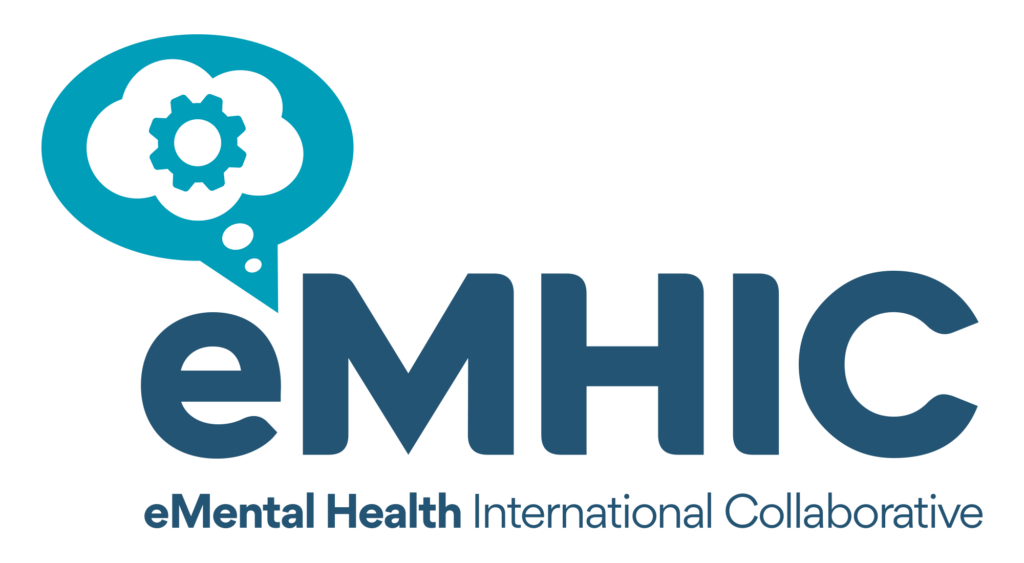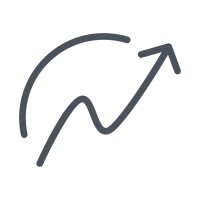There is a popular saying by Henry Ford
If I had asked people what they wanted, they would have said faster horses
Henry Ford Tweet
The quote signifies how people in the era before automobiles couldn’t have imagined something like a car and hence would have just asked for their existing horses to be faster.
This applies very well to healthcare technology.
In the last several years with the greater adoption of technology, there has been a rush to build faster horses i.e to take an existing practice and make it digital.
From tele-consultation i.e, face-to-face conversations moved online, to patient dossier systems i.e handwritten documents turned digital.
In this rush to digitise one process after another, very few have taken a step back to re-think therapy with the modern tools we have. Instead, we have continuously applied ‘digital bandages’ to traditional therapy and created a Frankenstein of therapeutic practices.
It is common in modern practice to have 5–10 different tools to digitise each part of the process. It starts with a patient dossier system that is built to do one thing really well i.e administration. In fact, it does it so well that 40% of the time of a therapist is spent doing just administration [KPMG: In Dutch].
Then comes a tool for outcome measurement, a secure mailing system to communicate back with the general practitioner, an e-health solution to give clients access to self-help content and a client portal so clients can also at least view a little bit of their own data.
Each tool is built to digitise an existing physical process and is so blindsided by this effort, that it completely ignores the one reason the whole system exists i.e, to improve the mental health of the client/patient.
There is a better way
While tech enthusiasts wait for the next big tech revolution to come and help us out of our today’s woes of an in-efficient care system, the biggest paradigm shifts in care technology of the last 20 years is already here.
The smartphone.
Actually, it’s not only the smartphone but the power to send, receive and interact with information wherever you are. Fast mobile internet, smart phones and phone batteries that last long enough for you to have the phone with you almost all the time.
This enables a client to continuously track their mental state and share this with their care professional while being able to communicate about this in real-time.
With such capabilities available to us, we can make care and the care process as a whole to be much more effective if we are open to re-imagining care processes instead of just digitising them.
An example: Rethinking Session Notes
Currently, a therapist is required to make very detailed ‘session notes’ after each session to ensure there is a snapshot of the client’s progress.
The fundamental thought behind this is accurate record keeping which helps keep a transparent record of therapy and removes the risk of care stopping in long-term care if something happens to the therapist, a new therapist can continue providing care.
The amount of documentation done by a therapist for this ‘snapshot’ can be greatly reduced if the client themselves are responsible for entering their current state. Better still, this snapshot can be made continuous to ensure we don’t have a snapshot only every 2 weeks when you have the session.
The session notes can even be used as a therapeutic tool instead if the client is also encouraged to make their own notes while the therapist makes their own. This allows a therapist to have insight into how the client perceived the session.
The session notes that therapists write today should be accessible by clients in Europe (GDPR) and the US (21st Century Cures Act). This makes many therapists uncomfortable while instead if we were to re-think these notes from being purely administrative, we could even use them as a therapeutic tool as explained by the OpenNotes movement.
In practice
This approach of rethinking therapeutic processes is what we have been doing at my company, NiceDay. Over 5 years ago, we sat down with several therapists and researchers to understand how to make therapy more effective and efficient with technology as an enabler.
Having proved the efficacy of this approach in preliminary trials and with thousands of therapists actively using this, we believe this is the best path forward today to making care more efficient and helps with the waiting list crisis in high-income countries while making it accessible in low-income countries.
Cutting-edge technologies like AI are crucial for us as a society as we go forward, something I have been actively working on for the last 4 years to bring outside research-only environments to actual clinical environments. Relying on these technologies to save us will not solve the crisis we face today but by rethinking care processes we can significantly improve the efficiency of care today.
The difficulty lies, not in the new ideas, but in escaping from the old ones.
John Maynard Keynes (1883–1946)




